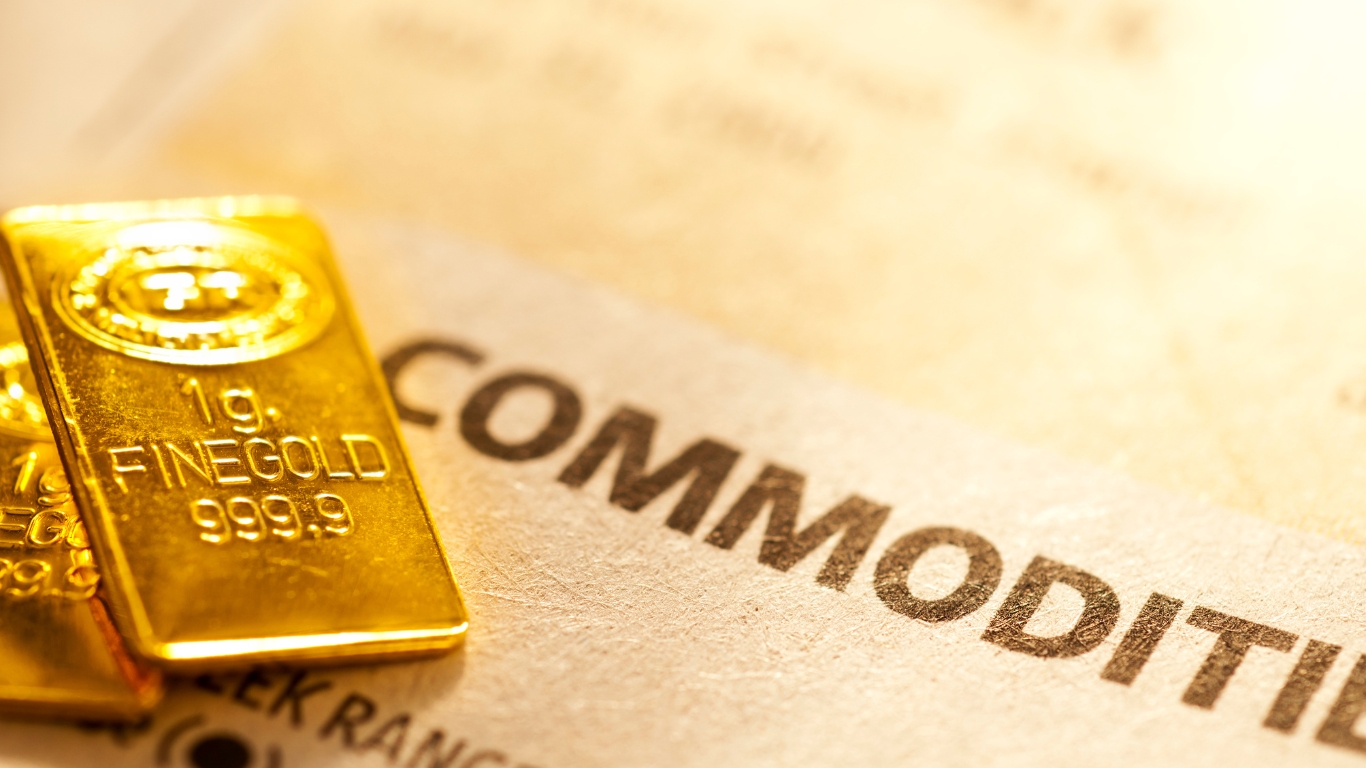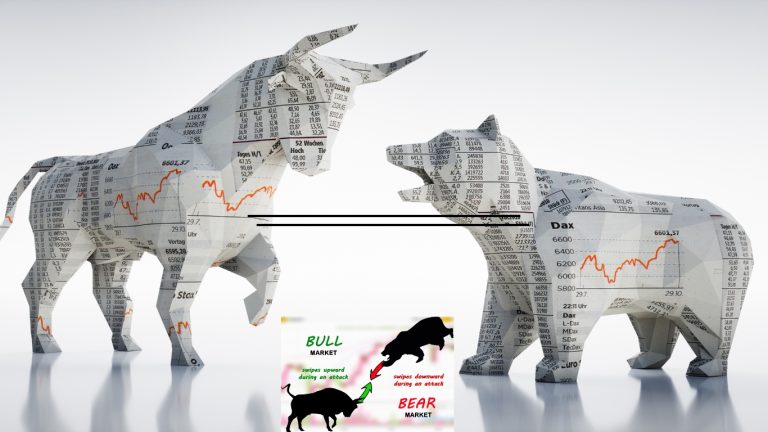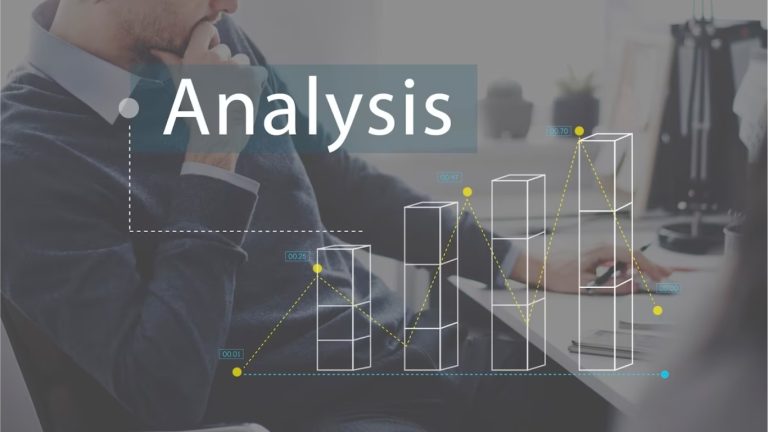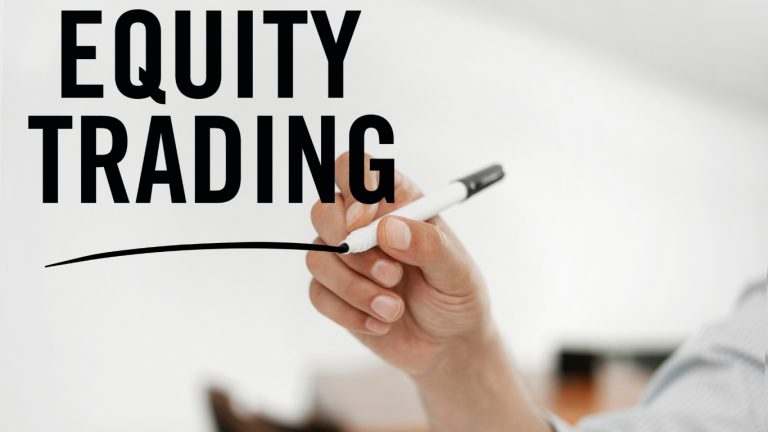An Insight into Commodity Trading: Precious Metals, Base Metals, Oil, and More
Commodity trading plays a vital role in the global financial market, providing opportunities for investors to diversify their portfolios and hedge against price fluctuations.
In this blog, we will delve into the concept of futures and options trading, discuss the factors influencing commodity prices, and analyze some relevant examples. Whether you are an aspiring trader or an investor seeking to expand your knowledge, this will serve as a comprehensive guide to commodity trading in India.
Understanding Commodity Trading
Let’s begin with the basics and build our empire upwards from there!
A. Definition and Types of Commodities
Commodities are raw materials or primary agricultural products that can be bought and sold. This exchange occurs majorly through futures contracts.
They can be broadly categorized into hard commodities, such as metals and energy resources, and soft commodities, including agricultural products like wheat, cotton, corn, and coffee.
Rather than just trading gold and silver, this gives people a chance to trade other products and tangible assets. Talk about expanding your portfolio and specializing in multiple types of commodities!
B. The Role of Futures and Options
Futures and options are popular instruments used in commodity trading. A futures contract allows traders to buy or sell an asset at a predetermined price and date in the future.
On the other hand, options provide the right, but not the obligation, to buy or sell the asset. Furthermore, this transaction needs to happen at a specified price within a specific timeframe.
Trading Precious Metals
Let us first look at precious metals and how they are valued in the current commodity market. Of course, they are in the highest demand owing to their accessibility and lifetime value.
A. Gold
Gold is one of the most widely traded precious metals in India. It serves as a haven investment during times of economic uncertainty.
Factors influencing gold prices include geopolitical tensions, interest rates, and inflation.
For instance, if there is a rise in inflation, investors often flock to gold, causing its price to surge. It offers a sense of security and prestige to own gold and trade it.
B. Silver
Silver, known for its industrial and investment demand, is another prominent precious metal in commodity trading. It is used in various industries, including electronics and solar panels.
The price of silver is influenced by factors such as industrial demand, market sentiment, and macroeconomic indicators. Unlike gold, it is slightly more affordable and could interest new investors.
Base Metals Trading
Metals don’t end at just gold and silver. There are so many other commodities that draw the attention of potential investors. Can you even begin to guess the international demand for the metals we are about to discuss next?
A. Copper
Copper is a crucial base metal used in construction, electrical wiring, and industrial machinery. As India focuses on infrastructure development, copper demand is expected to rise.
The price of copper is influenced by factors like global economic growth, supply and demand dynamics, and geopolitical events.
B. Aluminum
Aluminum is known for its lightweight and corrosion-resistant properties. It finds applications in the transportation, packaging, and construction industries.
Factors such as global aluminum production, demand from emerging economies, and trade policies impact aluminum prices.
Oil Trading
Oil is one of the most important products that investors aim to mine and trade for high prices. The demand and cost of quality oil are increasing and the market seems to never decline even during the most trying times!
A. Crude Oil
Crude oil is the most actively traded commodity globally, impacting various sectors of the economy. In India, crude oil prices significantly impact inflation, fuel prices, and overall fiscal health.
Factors affecting oil prices include global demand and supply, geopolitical tensions, and OPEC (Organization of the Petroleum Exporting Countries) decisions.
B. Natural Gas
Natural gas, used for heating, electricity generation, and industrial processes, has gained popularity in commodity trading. In India, the price of natural gas influences the energy sector and related industries.
Factors like weather patterns, storage levels, and LNG (liquefied natural gas) imports affect natural gas prices.
What Should You Be Aware Of?
Commodity trading provides diverse investment opportunities, and understanding the Indian context is essential for traders and investors.
Precious metals like gold and silver offer safe-haven investments, while base metals like copper and aluminum are influenced by industrial demand and economic growth. Oil, particularly crude oil and natural gas plays a vital role in India’s energy sector and affects the overall economy.
Successful commodity trading requires in-depth research, monitoring market trends, and staying updated with relevant news and events. Additionally, risk management strategies, such as setting stop-loss orders and diversifying your portfolio, are crucial for mitigating potential losses.
How Is Commodity Trading Viewed in India?
In India, commodity trading takes place on exchanges like Multi Commodity Exchange (MCX) and National Commodity and Derivatives Exchange (NCDEX). These exchanges offer a range of futures and options contracts for various commodities, allowing traders to participate in price movements and manage risk.
To excel in commodity trading, it is essential to conduct thorough fundamental and technical analysis. Fundamental analysis involves evaluating factors like supply and demand dynamics, geopolitical events, weather patterns, and government policies.
Technical analysis, on the other hand, involves studying price charts, patterns, and indicators to identify potential entry and exit points. This could act as a safety blanket for investors, especially during uncertain times.
Moreover, staying updated with market news, industry reports, and expert opinions can provide valuable insights for making informed trading decisions. Many online platforms and brokerage firms offer real-time data, research tools, and educational resources to assist traders in their commodity trading journey.
Summing up
By understanding the Indian context, learning about futures and options, and implementing effective risk management strategies, individuals can navigate the complexities of commodity trading and potentially capitalize on market movements.
However, it is important to remember that commodity trading involves risks, and individuals should exercise caution, conduct thorough research, and seek professional advice if needed.
With the right knowledge and skills, commodity trading can be a rewarding endeavor for investors. It could be the next big thing for those willing to put in the effort and stay informed in this dynamic market.




